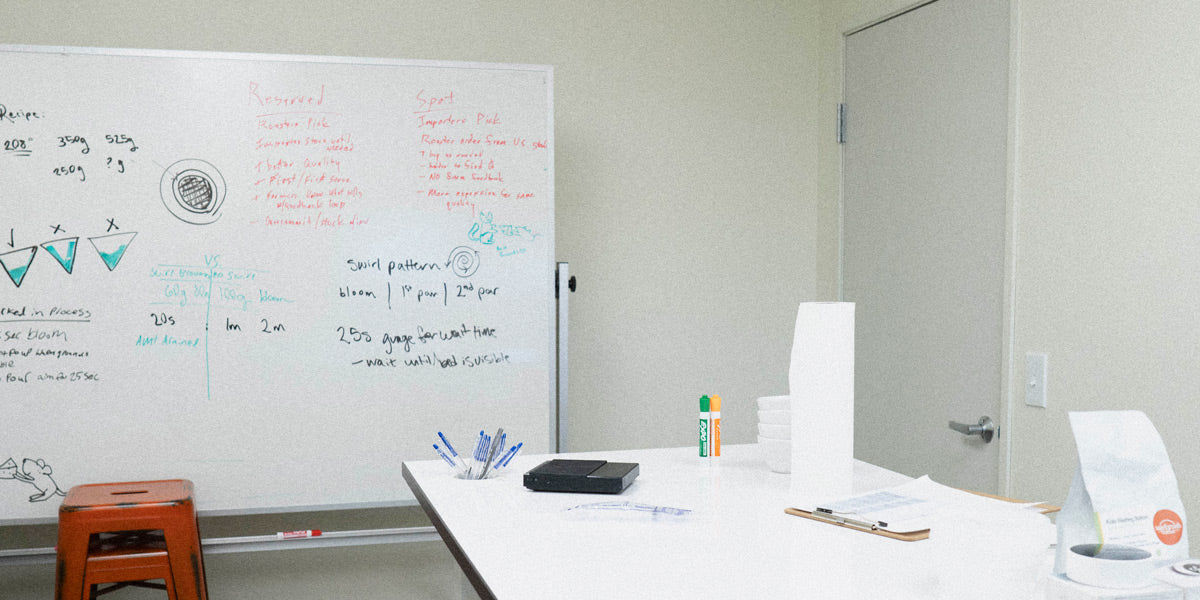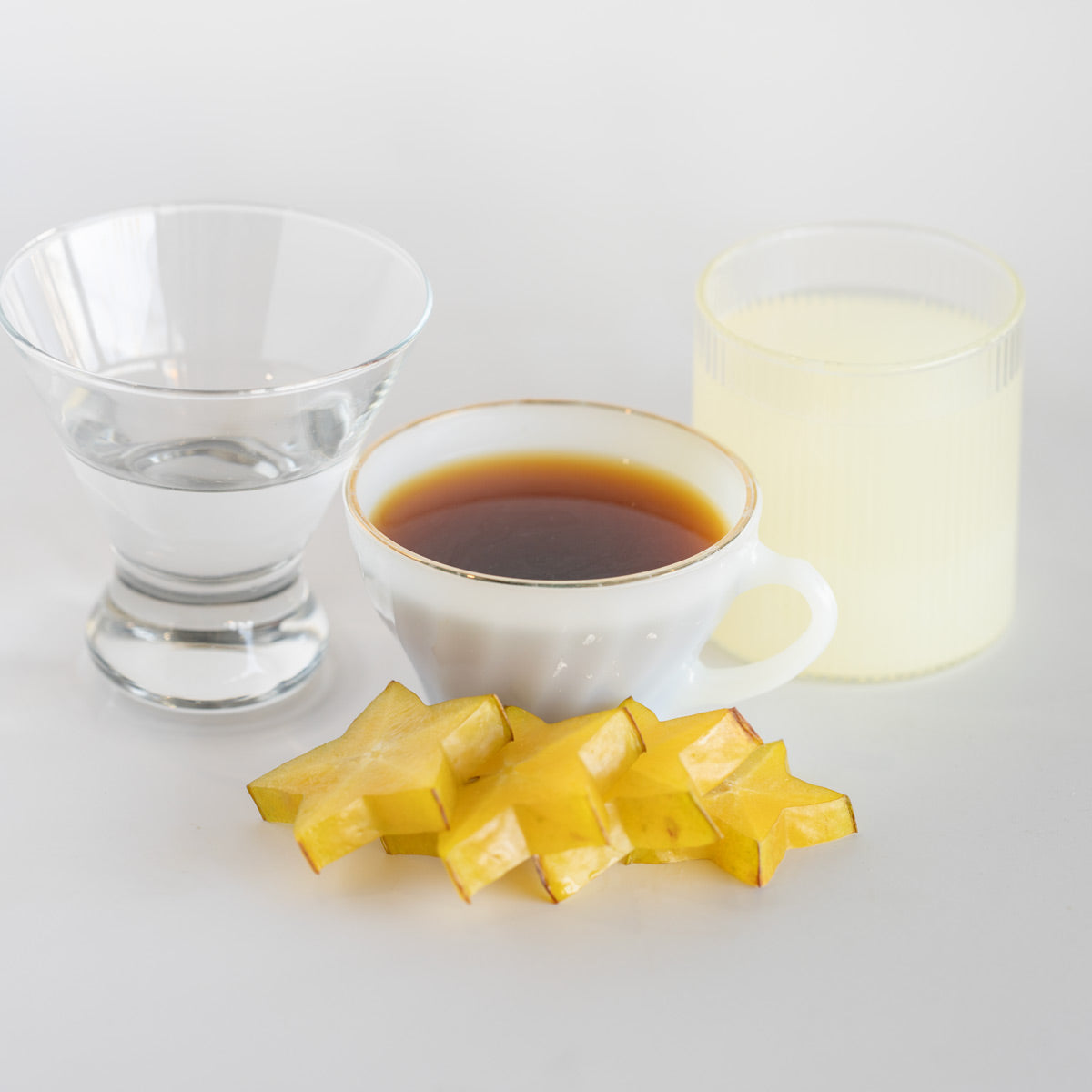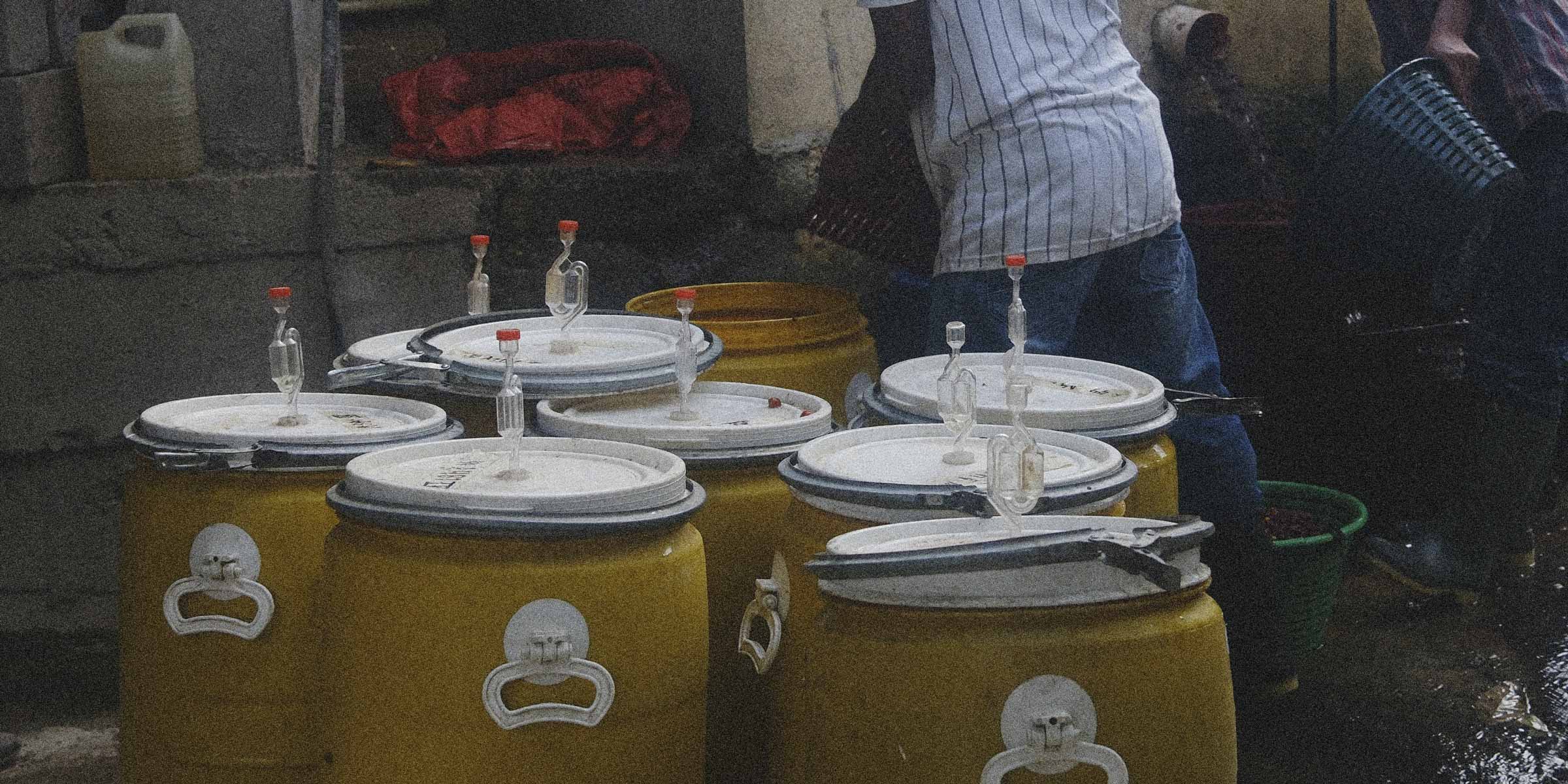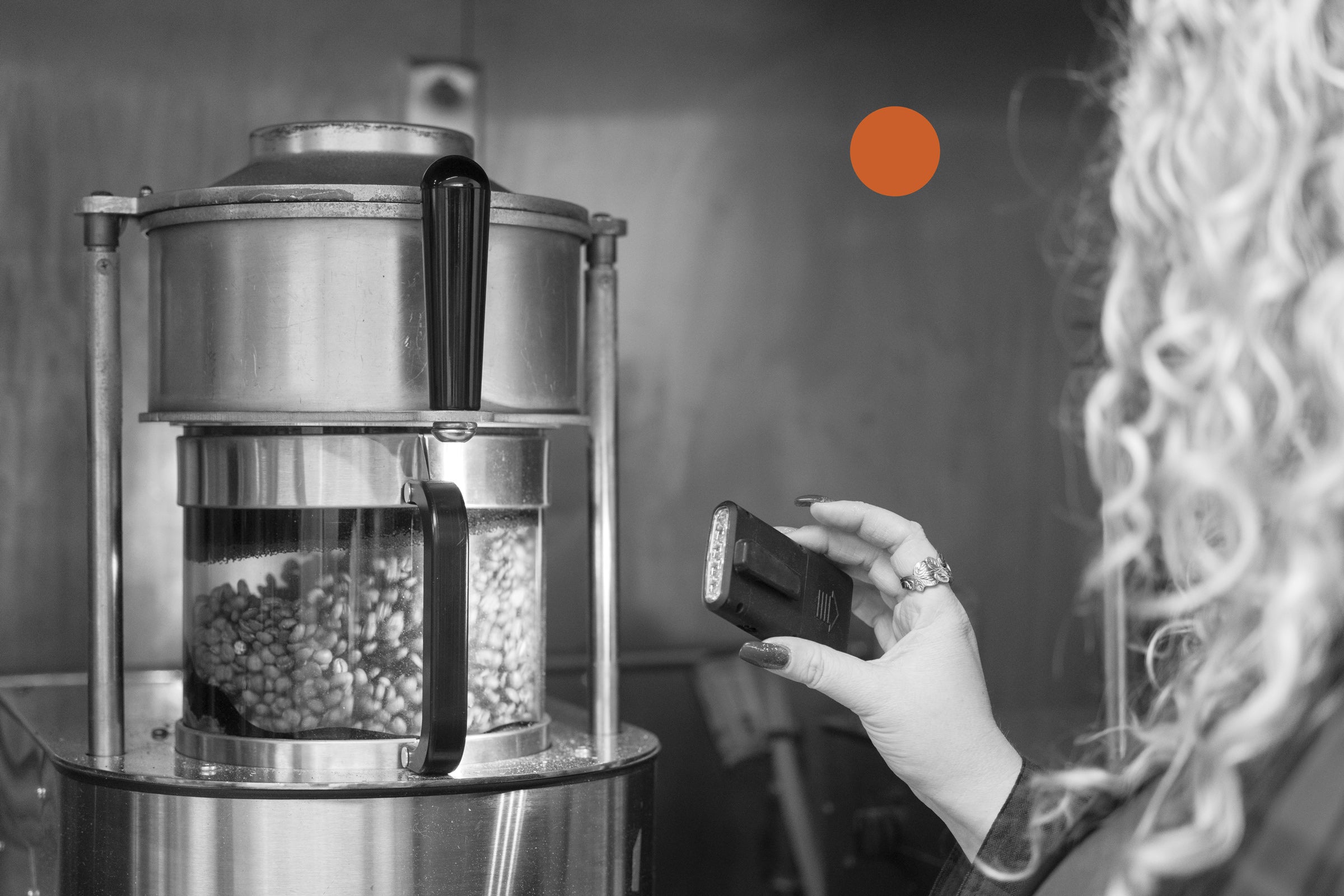
March is Women’s History Month and we want to honor that by highlighting some of the impactful work women have done within the coffee industry. The coffee industry, like many others, has been historically unfair to women and other minorities. While much progress has been made over the past few decades, there are still inequalities to address and work to be done. In efforts to make the industry a more inclusive and fair work environment, a handful of resolute and trailblazing women have taken matters into their own hands.
One of these remarkable women is Phyllis Johnson. Johnson is the president of BD Imports. In addition to advocating for women’s rights in the industry, she also prioritizes racial equity and sustainable practices. These additional interests have inspired her to found a program called the Coffee Coalition for Racial Equity and to write many educational pieces including a book. Her success has also led her to work as a lead international consultant at the United States World Trade Center.
Launtia Taylor is another groundbreaking individual in the industry. She is president of the Taylor Gentles Group, a consulting group in the coffee and cocoa industry. She is a worldly woman who has lived in Jamaica, the U.S., Costa Rica, the U.K., and Switzerland. Taylor has worked with others to donate machinery and resources to small coffee companies. Additionally, she advocates for education in the industry which has led her to work with groups like the Specialty Coffee Association of America, otherwise known as SCAA.
Another incredible woman in the industry that Sagebrush has actually had the pleasure of working with for many years is Anny Ruth. Anny Ruth owns and operates the Loma La Gloria farm located in El Salvador, alongside her father, Roberto Pimentel. She began working on the farm with her father in 2012, after obtaining both her Bachelor's and Master's degrees and taking supplemental coffee courses. She is dedicated to learning all there is to know about the coffee industry and using that knowledge to further develop the farm. Loma La Gloria has thrived under Anny Ruth's leadership and has earned an international reputation for quality.
Stronger together than we are alone, many of the women who have taken initiative to make a mark on the industry have done so by creating organizations and cooperations. The International Women in Coffee Alliance, also known as IWCA, is an example of this. Their mission is to “unite a global network of chapters and support the work and growth of women in the international coffee community.” The organization was founded in 2003 by women from Costa Rica, Nicaragua, and the U.S., but now stretches across 32 countries. Phyllis Johnson and Launtia Taylor have both worked closely with this organization.
The Asociación de Mujeres Productoras Agropecuarias del Cauca, otherwise known as AMACA, is a coalition of women producers founded in 1999 by 80 women in El Tambo, Cauca, Colombia. The women who started this coalition sought to build a community of support amongst female producers and to provide resources for their members to help them excel in the coffee industry. They have succeeded through relentless work and partnering with government agencies in Colombia such as the Ministry of Agriculture, the governor of Cauca, the Municipality of El Tambo, and a private organization called Social Action. Their efforts have resulted in high-enough quality coffee that they now charge a premium on their beans. The money earned from this premium is used to fund additional equipment, resources, and property for their members which helps further support their mission. We talk more about the history of this organization in one of our other blogs The Power of Female Producers.
There are so many influential groups similar to the IWCA and AMACA that are focusing on specific segments of the coffee industry. Equal Origins looks at gender equity throughout the coffee supply chain. The Kula Project supports female coffee entrepreneurs in Rwanda. Empower is a roastery dedicated to the Women Supporting Women movement. Cafe Femenino is focusing on fair trade coffee that helps women escape poverty throughout the world. Jamaican Women in Coffee, also known as JAWiC, connects Jamaican women in coffee and recognizes their contributions to the industry and a sustainable future. The rise of social media has also affected the impact women are making on the industry. There are a handful of campaigns bringing women from all over together to talk about certain topics. One example is #ShesTheRoaster, which connects female roasters. Another is #CoffeeToo, a coffee-oriented take on the #MeToo movement to address sexual assault in the workforce and give voices to survivors.
Wherever you look, there are women working to change the coffee industry in almost every corner of the world. Whether it’s a barista advocating for change and participating in social media campaigns, an individual in the supply chain creating an organization to help future generations of women, or a businesswoman dedicating philanthropic efforts to international organizations, women always build each other up - both in the coffee industry and beyond.


















